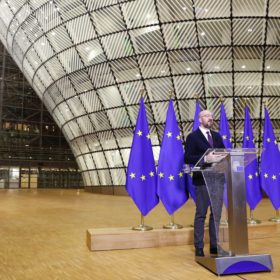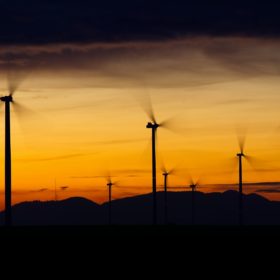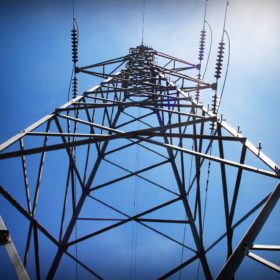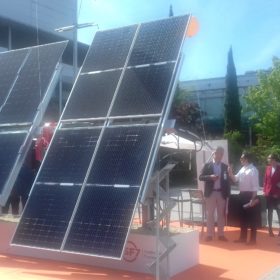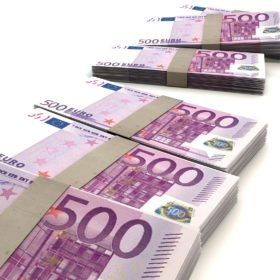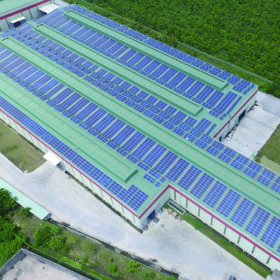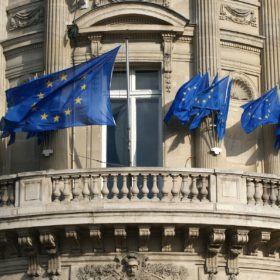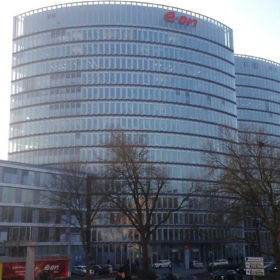European Council raises hopes of green stimulus package
The economic fallout of the Covid-19 outbreak is yet to be determined but as legislators scramble to establish fiscal support for the EU it is becoming clear the suits in Brussels are not prepared to scrap their hard-won Green Deal plan. Quite the opposite, in fact.
Varying capital costs favor wind over solar in Europe
Differing finance costs across the continent are likely to see wind-rich, high electricity demand nations such as Germany, France, Austria and Belgium forge ahead with renewables at the expense of countries with plenty of sun but where borrowing is expensive, according to a German study.
Czechia wants another 1.9 GW of solar by 2030
The raised renewable energy ambition has been dismissed by the domestic solar association, which accuses president Miloš Zeman of wanting to destroy the Czech PV sector. In 2019, the country added only 7 MW of new PV installations.
Solar-plus-storage will start to make big inroads in the year ahead
By this time next year we may be able to wave goodbye to that old chestnut about renewables endangering security of supply. Elsewhere, the price of lithium – and the products it goes into – could go either way after tanking this year.
Europe on track for decade-topping 16.7 GW of new solar this year
Trade body SolarPower Europe’s preliminary statistics suggest this could be the continent’s best year for PV since 2010, with capacity additions set to soar 104% year on year. Spain is leading the way with an expected 4.7 GW of new solar, followed by Germany, with 4 GW.
European coal fleet will run at a loss of €6.57bn this year
Economic thinktank Carbon Tracker used financial modeling to determine the profitability of every coal power plant in the EU. On average, 79% of the facilities run at a loss, with Germany, Spain and Czechia among the states particularly exposed to the consequences – for coal investors and the public.
Czech utility CEZ further invests in solar
Eastern Europe’s largest utility has decided to acquire a minority stake in Zolar – a German provider of digital solutions for rooftop PV – alongside BayWa r.e. Energy Ventures.
Rooftop PV has reached grid parity in main EU markets
Researchers have developed a high-resolution geospatial method of assessing the solar potential of all buildings in the EU and concluded rooftop PV could provide a quarter of the bloc’s electricity needs. The scientists say grid parity for rooftop solar has been reached outside eastern member states with cheap fossil fuel electricity.
Renewables generation cheaper than coal for many power companies – but not yet for Eskom
An investor tool examining the coal fleets of major global power companies has offered up analysis which flies in the face of arguments solar and wind generation could help turn around the debt-saddled South African utility.
EU wants to know more about Eon’s bid to acquire Innogy
According to the Brussels authorities, the transaction could affect competition in the electricity and gas sectors. EU competition commissioner Margrethe Vestager wants to ensure there are no price increases as a result of the proposed takeover.
